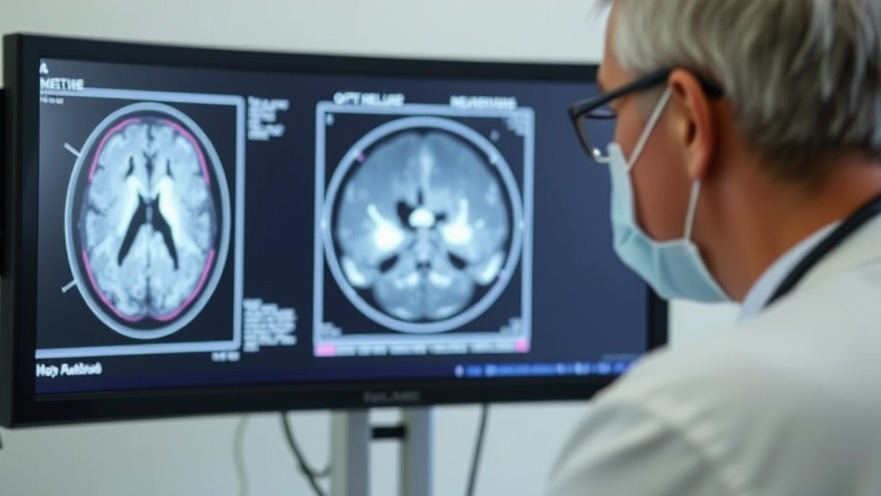
Understanding Acute Optic Neuritis and Treatment Options
Acute optic neuritis (ON) is a condition that involves inflammation of the optic nerve, leading to sudden loss of vision. While many may assume that high-dose corticosteroids are the go-to treatment for everyone diagnosed with this condition, recent discussions at the Congress on Controversies in Ophthalmology (COPHy) suggest a more nuanced approach.
The Debate: Do All Cases Need Corticosteroids?
During the COPHy meeting in Seville, Spain, two leading experts, including Andrew G. Lee, MD, passionately debated whether all patients with acute optic neuritis should receive high-dose intravenous corticosteroids. Lee firmly believes that steroids are essential, citing the positive outcomes from the Optic Neuritis Treatment Trial (ONTT) launched in 1992. However, others raised concerns about potential risks, such as increased chances of infections.
Changing Knowledge and Guidelines
The past few decades have seen substantial advancements in our understanding of optic neuritis. An important evolution is the identification of specific antibodies associated with inflammatory disorders present in the central nervous system. Lee emphasized that new adversaries, namely MOG (myelin oligodendrocyte glycoprotein) and NMOSD (neuromyelitis optica spectrum disorder), alter the treatment landscape significantly.
Implications for Concierge Medical Practices
For concierge medical practice owners, understanding these developments is crucial. As professionals dedicated to providing high-quality care and building close relationships with patients, keeping abreast of the best treatment protocols—including those for conditions like acute optic neuritis—is part of comprehensive care.
Considerations for Patient Engagement
As part of enhancing patient engagement, physicians should address treatment uncertainties openly. Discussing the potential risks and benefits of corticosteroid therapy not only empowers patients but also strengthens the trust that is vital in concierge medicine. Actionable insights include creating informative materials that simplify complex medical terms for better patient comprehension.
Tailoring Treatment Plans: A Patient-Centric Approach
In light of evolving knowledge, concierge medical practices can distinguish themselves by developing personalized treatment plans. This involves considering the patient's unique medical history, their current health status, and recent research findings when recommending therapies for conditions like acute optic neuritis.
Call to Action: Be Ahead in Your Field
As the field of ophthalmology advances, staying informed and adaptable is more important than ever. Engage with your patients, educate them about their conditions, and tailor treatment plans based on the latest clinical insights. By doing so, not only do you solidify your practice's reputation, but you also foster a deeper connection with your patients.
 Add Row
Add Row  Add
Add 






Write A Comment